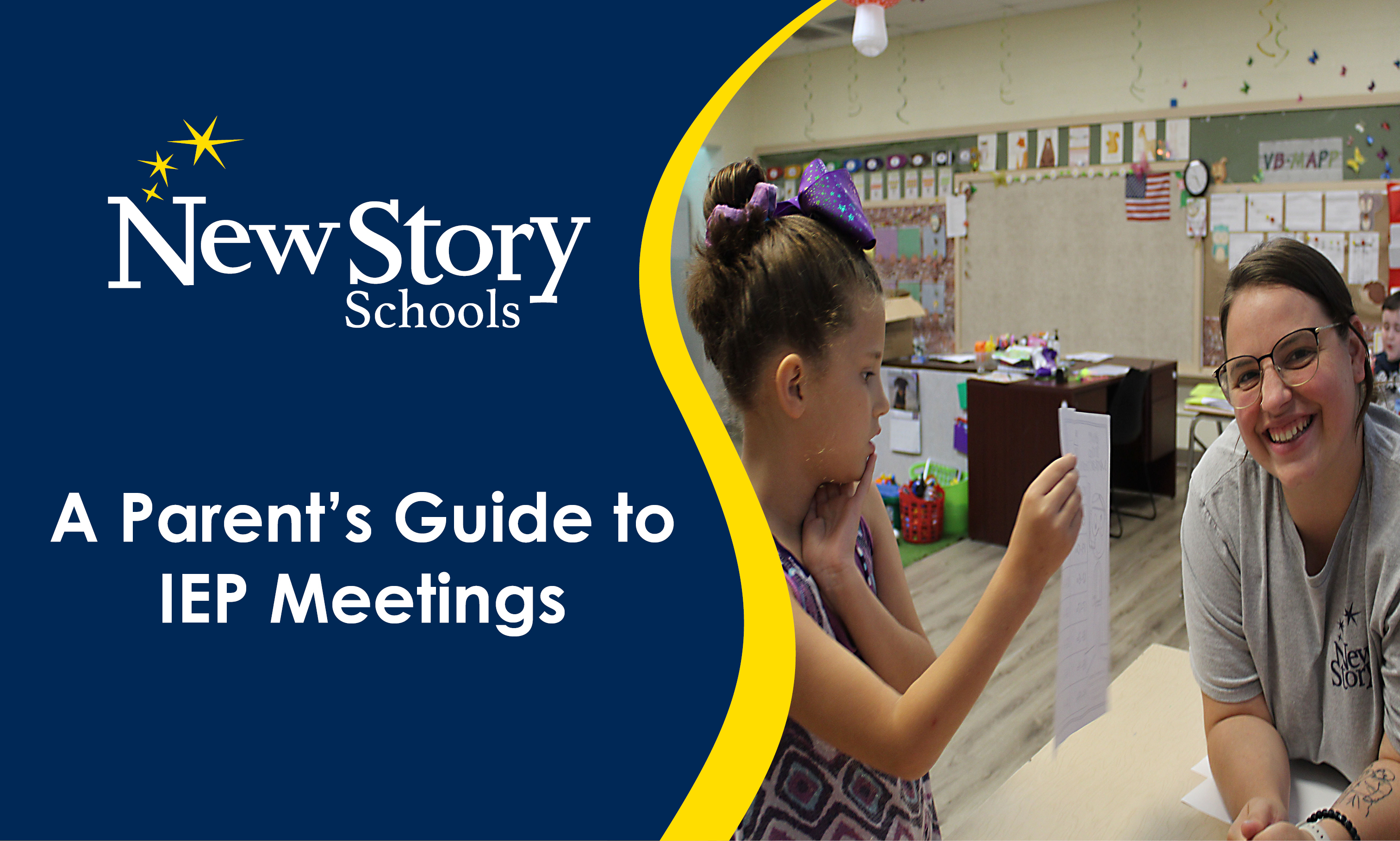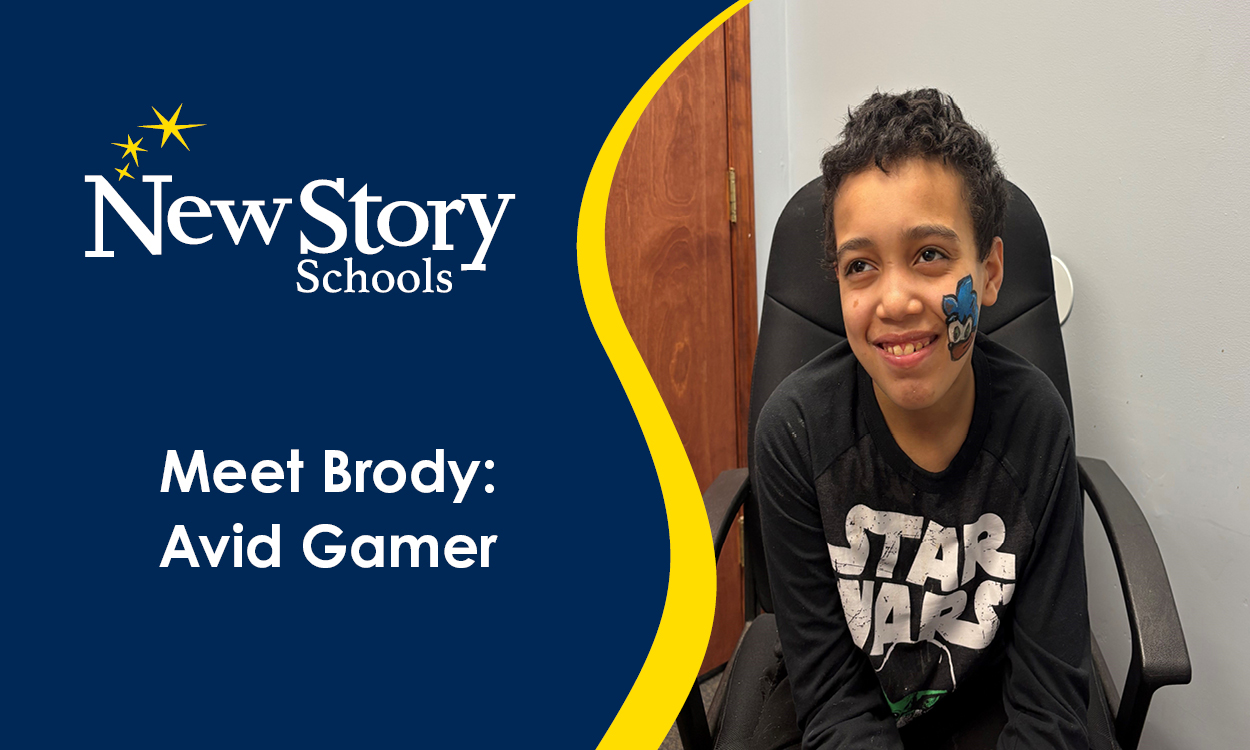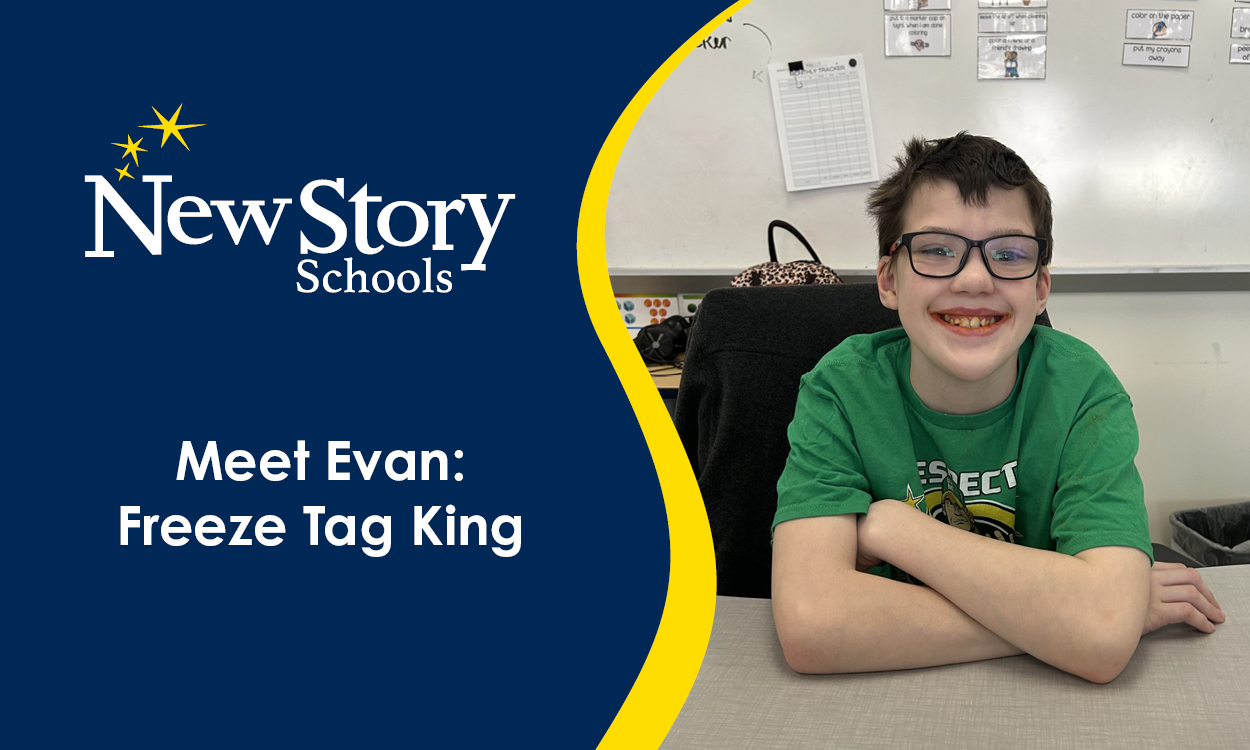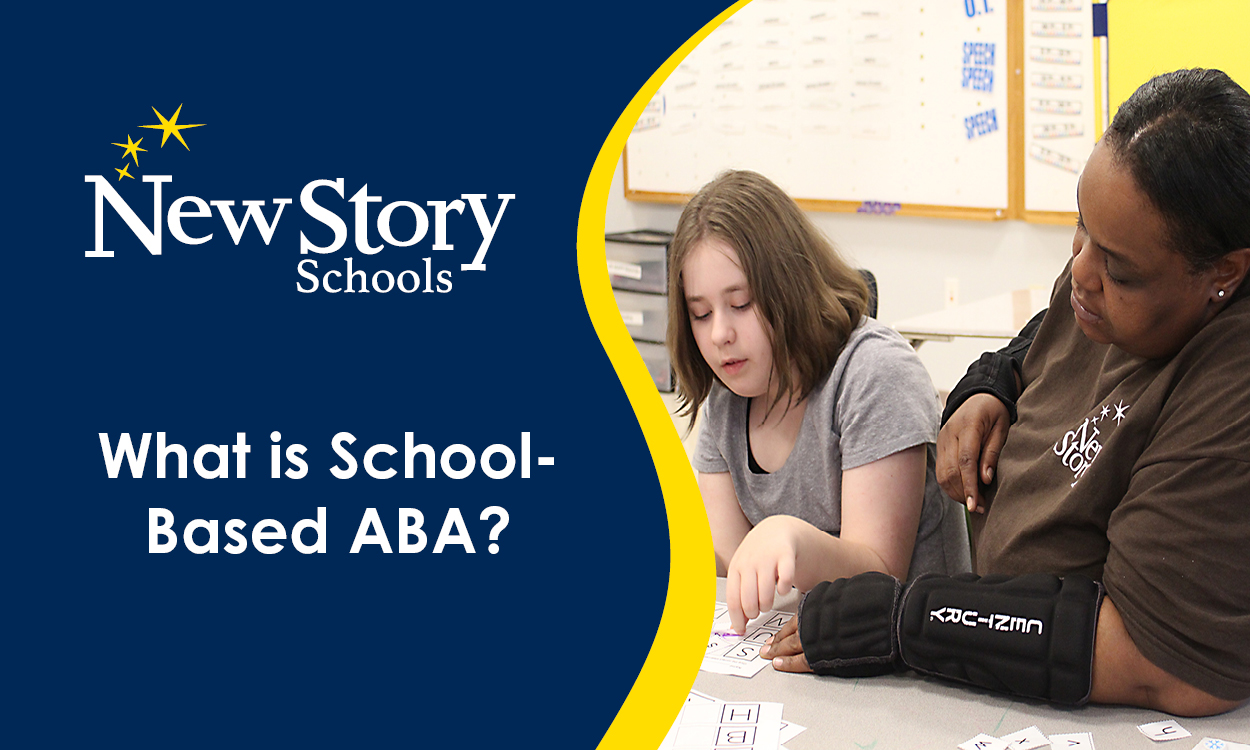A Parent's Guide to IEP Meetings
Posted: April 23, 2025 | Written By: Drew Delligatti | Category:

If your child has an Individualized Education Program (IEP), you know how important IEP meetings are for their success in school. These meetings help create a customized learning plan to support your child’s unique needs. But preparing for an IEP meeting can feel overwhelming, especially if you’re unsure what to expect. The good news is that with some preparation, you can confidently advocate for your child.
Understand the Purpose of the IEP Meeting
The IEP meeting brings together you, teachers, specialists, and school administrators to discuss your child’s progress and adjust their education plan as needed. This is your chance to share insights about your child’s strengths, challenges, and goals.
You have a legal right to participate in your child’s education plan. Understanding your rights will help you feel more confident during the meeting. If something isn’t clear, ask for clarification. It’s okay to take your time making decisions, and you don’t have to agree to changes on the spot.
Seeing an example of an IEP meeting can help you know what to expect. Here are two mock IEP meetings you can watch:
For a student with autism: Watch Here
For a student who is hard of hearing: Watch Here
Prepare for the Meeting
There are a few things you should do in preparation for an IEP meeting.
Review Your Child’s Current IEP and Progress Reports
Are the goals still appropriate?
Has my child made the expected progress?
What challenges remain?
Do any new support services need to be added?
Gather Important Documents and Information
Report cards and teacher feedback
Recent evaluations or assessments
Work samples that show strengths or struggles
Notes from doctors, therapists, or other specialists
Your observations about your child’s learning and behavior
Prepare Your Questions and Concerns
What progress has my child made since the last meeting?
What strategies are working well?
What changes should be made to better support my child?
How will progress be measured and communicated?
If you would like more tips on what to do before an IEP meeting, click here!
During and After the Meeting
You don’t have to attend the meeting alone. Under the Individuals with Disabilities Education Act (IDEA), you have the legal right to bring anyone you choose to the IEP meeting. If you feel nervous or overwhelmed, consider bringing a friend, family member, or advocate who understands the process. They can help take notes, ask questions, and offer support.
During the meeting, stay calm, professional, and focused on your child’s needs. Listen carefully to what the school team says and take notes. If something is unclear, don’t hesitate to ask for clarification. Express your thoughts and concerns respectfully and be open to collaboration. If you disagree with something, address it politely and ask for alternatives or explanations. Remember, you are a key member of the team, and your input matters. Rather than allowing emotions to take over, stay solution-oriented and keep the discussion centered on what’s best for your child.
After the meeting, review the notes and any changes made to the IEP. If you have concerns, reach out to the school for clarification. Keep communication open with your child’s teachers and check in regularly on their progress.
IEP meetings are a crucial part of ensuring your child receives the support they need. By preparing ahead of time, gathering important information, and knowing your rights, you can confidently advocate for your child’s education. For additional tips on getting ready, check out this video!
Your voice matters, and with the right preparation, you can help create a learning plan that truly supports your child’s success!
Want to be notified of new articles and resources from New Story Schools? Submit your email and opt into our newsletter!









